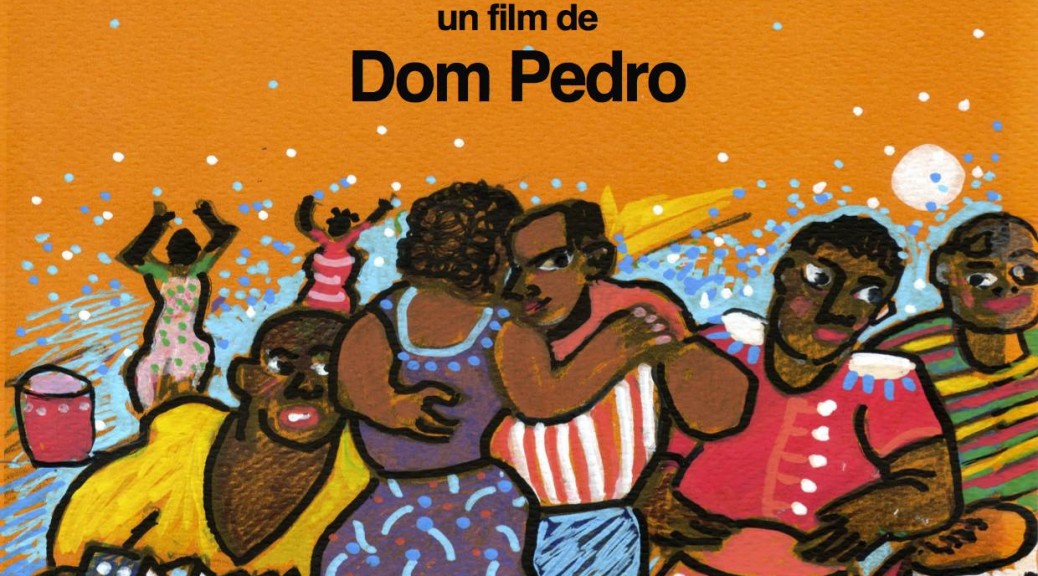‘Africa habla en mi’ (Africa speaks in me): 8th-13th November 2014
My last week in Havana reflected the usual double-life ‘routine’ of my fieldwork– with research in the archives during the day and research in music and dance places at night.
I spent most of my days during the week in Archivo nacional and Biblioteca nacional and by increasing the work around what I was supposed to be limited to, I managed to access some nonpublic documents issued by different Ministries — and of course, these were the most interesting ones, like the cultural agreements established by Cuba with African countries between 1964 and 1975.
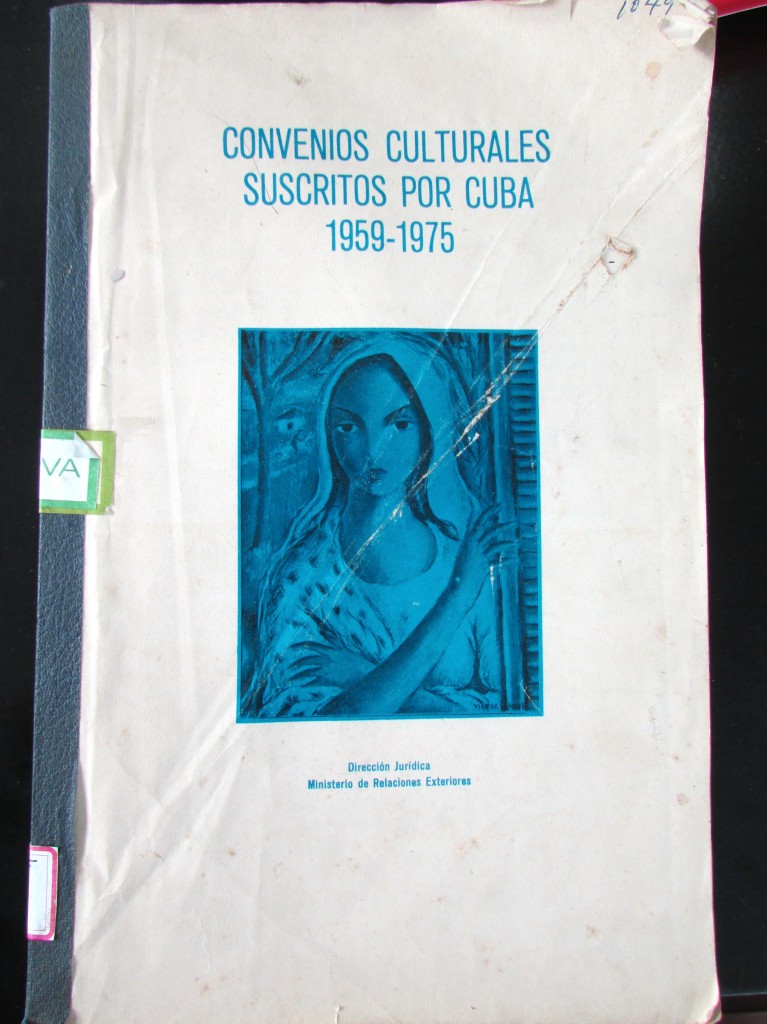
Cultural agreements between Cuba and African nations
I continued to look for what could be of interest for Modern Moves as well and collected more documents about couple dance genres, some of which should provide enriching information about the Cuban political involvement in supporting these popular music dance forms.
As for the nighttime, I organised private dance classes in various Cuban dance genres, from danzon and danzonete to son and salsa via chachacha, mambo, rumba and ‘yoruba’ (orisha-related dances). In so doing, I was able to feel in my body a kind of continuity from danzon to son to salsa, even if I was trying carefully to not recreate a pre-established genealogy outlined in the official history of Cuban music and dance. Despite these precautions, the observations I made in the field helped me to understand how what is now globally known as ‘salsa’ could emerge from all the various Cuban dance genres, and as I discussed with Ananya during her visit this weekend to Paris, even a link between reggaeton dance and guaguanco can be felt from this perspective.
![Photo 3 - Rumba at Callejon de Hamel[1]](http://www.modernmoves.org.uk/wp-content/uploads/Photo-3-Rumba-at-Callejon-de-Hamel11.png)
Guaguanco at Callejon de Hamel
These specific Cuban dance forms help us to rethink the notion of couple dance itself, as they are undoubtedly couple dance with the exception that other parts of the body play the role of linking the two dance partners together. And the Afro-Cuban dance genres I experienced in both their social and staged settings helped me to understand how the Afro kinetic heritage has been uniquely reshaped in Cuba. Despite the knowledge and practice of West African dance I already have, I was really challenged when it comes to learn rumba and orisha- related dances, as the apprehension of the rhythm and how you coordinate your feet and your arms and how you basically move on sometimes a quite slow tempo were completely new for me.
Besides these dance classes, I continued to enjoy music and dance events Cuba has to offer on a daily basis. Among others, I was invited to a private event called ‘toque de santo’ celebrating a Santeria birthday of a young woman recently initiated under the patronage of Yemaya. Ironically, even if I in a way dedicated my life to understand the social power of music and dance, I am always amazed to witness and be part of this kind of phenomenon.
As for a global overview of this month of fieldwork in Cuba, it was both hard and enjoyable, and I feel happy to be able to say: ‘I did it!’. For a first-time Cuban experience, I think I did my utmost, dealing with the no-other option than speaking Spanish (which as a result quickly improved!) among other fieldwork difficulties. Despite the fact that I did not find some specific documents I was looking for, I followed every trail and the clues I dug out, and I collected findings that were very interesting in any case. I will now be now able to return more equipped to face a potential other fieldwork trip, my notebook and pockets full of numbers of new friends!
Stretching my limits through this enriching experience and learning every day a bit more about the complexity of multi-faceted Cuban society, I am now about to leave for the other side of the ‘Black Atlantic’ to go to Burkina Faso after a quick stopover in Paris. Keeping in mind all the different kinds of references to Africa I encountered in Cuba, from the most discreet to the most tangible, like the message written on the t-shirt worn by the drummer of Conjunto Chappottin ‘Africa habla en mi’, I am sure that the Cuban experience will allow me to perceive differently this forthcoming African trip.
The time has come to close here this last dispatch from the field, on the eve of this new adventure, let’s go!

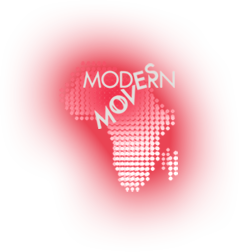
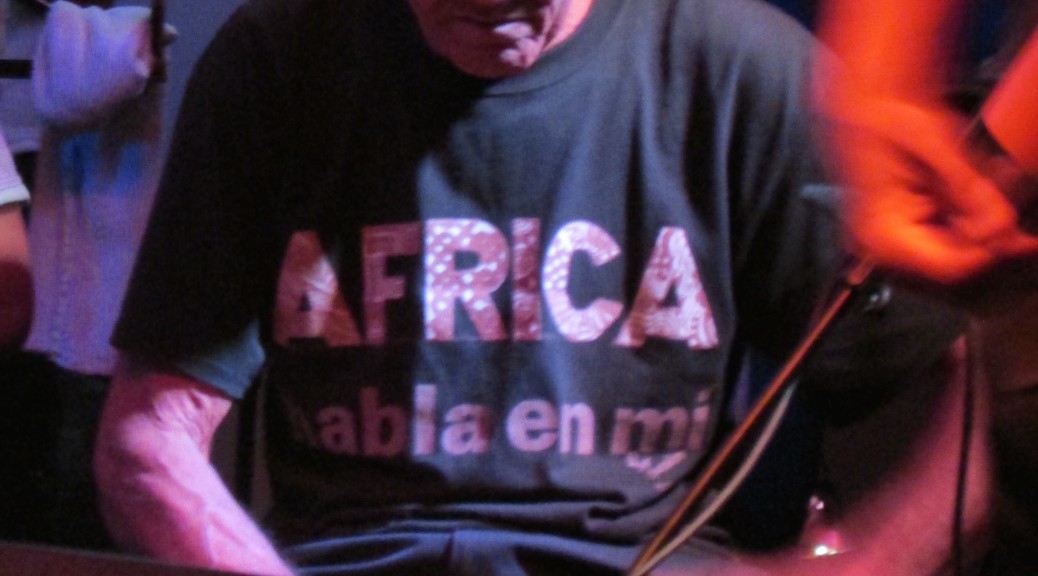
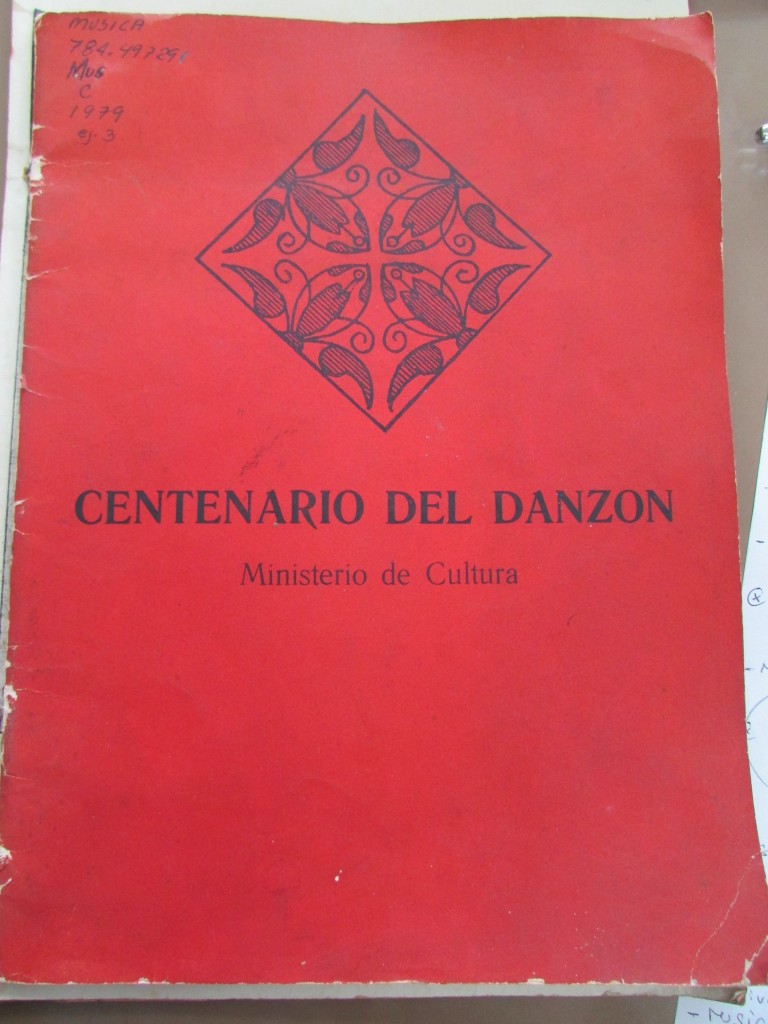
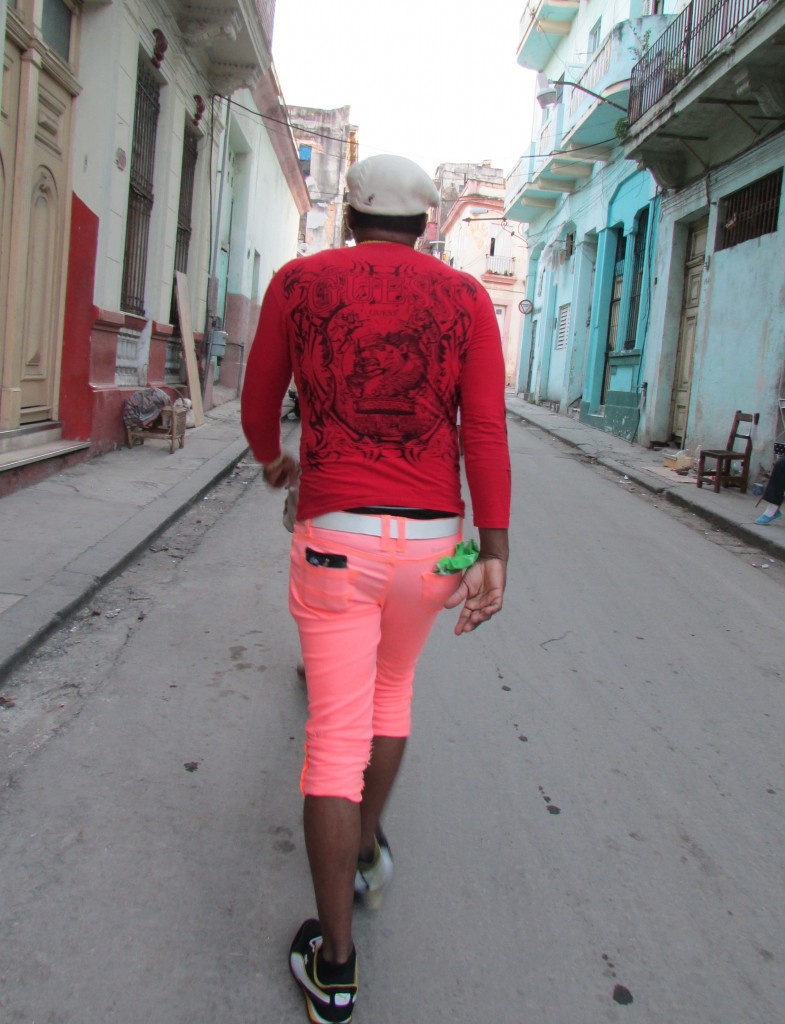
![Photo 5- Altar for Yemaya[1]](http://www.modernmoves.org.uk/wp-content/uploads/Photo-5-Altar-for-Yemaya1-739x1024.jpg)
![Photo 6[2]](http://www.modernmoves.org.uk/wp-content/uploads/Photo-62-1024x768.jpg)
![Photo 7- Africa habla en mi[1]](http://www.modernmoves.org.uk/wp-content/uploads/Photo-7-Africa-habla-en-mi1-790x1024.jpg)
